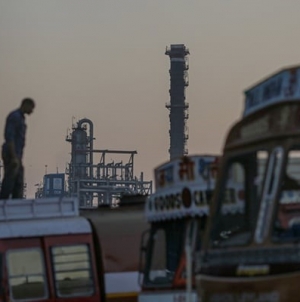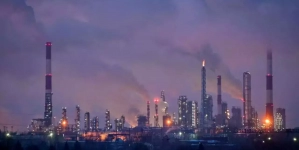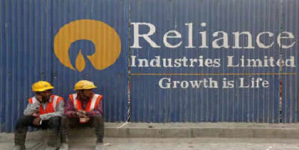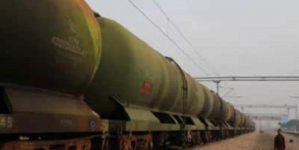-
CANBERRA: India-Australia partnership aims to bridge skill gap for future employment - April 15, 2024
-
HOUSTON: Mumbai boys in the final rounds of FIRST World Robotics competition to be held in Houston - April 14, 2024
-
MADRAS: IIT Madras NPTEL translates thousands of technical courses into several regional languages - April 10, 2024
-
MUMBAI: Shahid Kapoor opens up about the challenges faced by character actors in Bollywood - April 8, 2024
-
NEW DELHI: World Health Day 2024: Date, Theme, History, Significance and Interesting Facts - April 6, 2024
-
LONDON: Indian-Origin Teen In UK Gets “Life-Changing” Cancer Treatment - April 3, 2024
-
BENGALURU: Indian scientists unravel genetic secrets behind lumpy skin disease outbreak - March 30, 2024
-
NEW DELHI: Youngsters’ Increasing Stress Levels, Early Onset of Diseases an Alarming Health Trend: Apollo Hospitals Chief - March 28, 2024
-
MARYLAND: All About Pavan Davuluri, New Head Of Microsoft Windows - March 27, 2024
-
MUMBAI: Pyaar Kiya To Darna Kya turns 26: Kajol says THIS was the symbol of an innocent girl back then - March 27, 2024
MOSCOW: Russia’s murky measures keep its oil flowing after sanctions
Moscow: Russia is resorting to a number of murky practices to sell a lesser-known oil product to buyers wary of breaching sanctions, and to beat a financial cap set by the European Union and its allies.
Sellers of Russian naphtha — which is primarily used to make plastics and petrochemicals — are facing more hurdles getting the product to market since sanctions took effect in early February. That’s led to measures such as the fuel being labeled as gasoline or cargoes leaving ports without a destination, according to people familiar with the matter, and FGE and Kpler.
“There isn’t a clear, dedicated outlet for Russian naphtha now that its major buyers South Korea and Europe can’t take it directly,” said Armaan Ashraf, the global head of natural gas liquids at industry consultant FGE in Singapore. “Placing Russian naphtha may be more difficult than its crude.”
The lack of buyers that can soak up large volumes of naphtha has exacerbated the problem for Russia. China and India are taking more but both have ample domestic supplies, while South Korea — a key consumer pre-war — has shunned direct imports following sanctions. Brazil has been rare bright spot, however.
Russia shipped around 1.34 million tons of naphtha in March, a similar volume to the same period last year, according to data from Kpler, but questions remain whether the nation can maintain such flows over coming months.
























